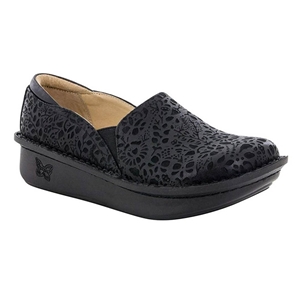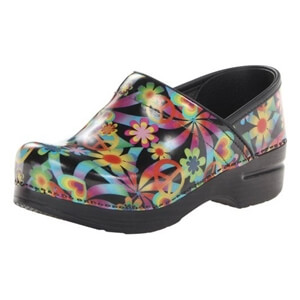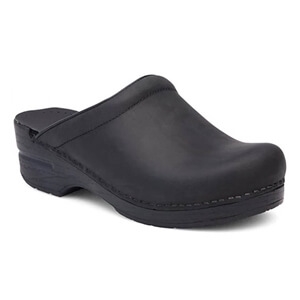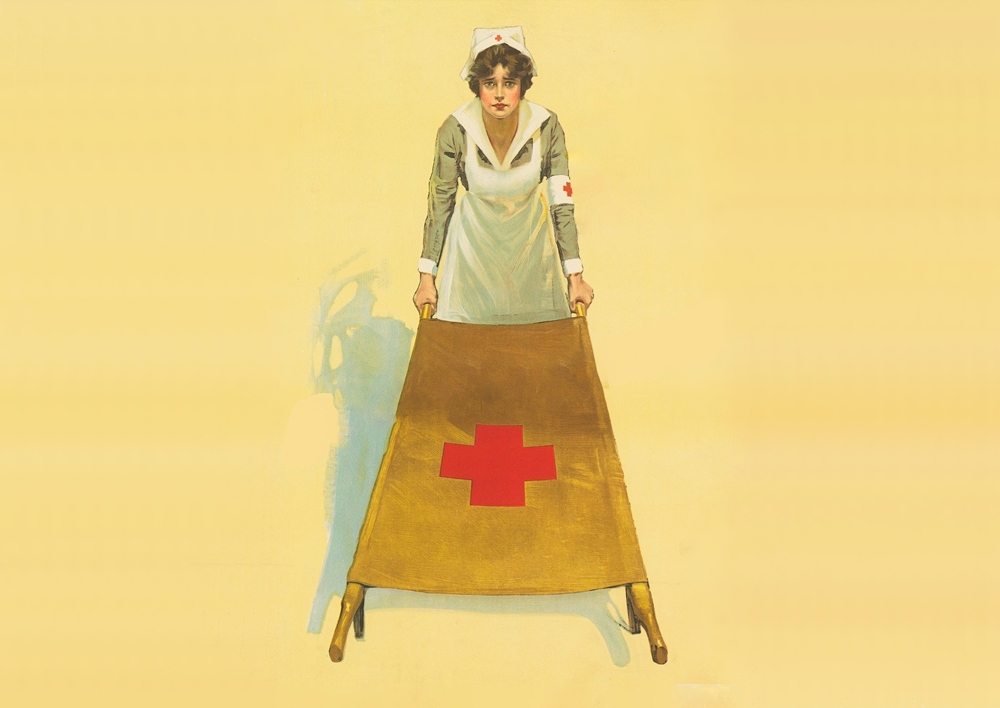
Nursing’s historical roots
Embarking on a journey through the historical roots of nursing takes us back to ancient civilizations where caregiving was an inherent part of community life. In ancient Egypt, the role of a “house of life” included health-related duties akin to nursing. Meanwhile, the ancient Greeks had the “therapeutae,” who practiced both spiritual and physical healing.

It wasn’t until the 19th century that formal nursing education and training programs were established. The first school of nursing, the Nightingale School of Nursing, opened in 1860 at St Thomas’ Hospital in London, setting the stage for the professionalization of nursing.
The significance of Florence Nightingale’s contributions
Florence Nightingale’s indelible mark on nursing began during the Crimean War (1853-1856). Nicknamed the “Lady with the Lamp,” she revolutionized healthcare by introducing evidence-based practices.
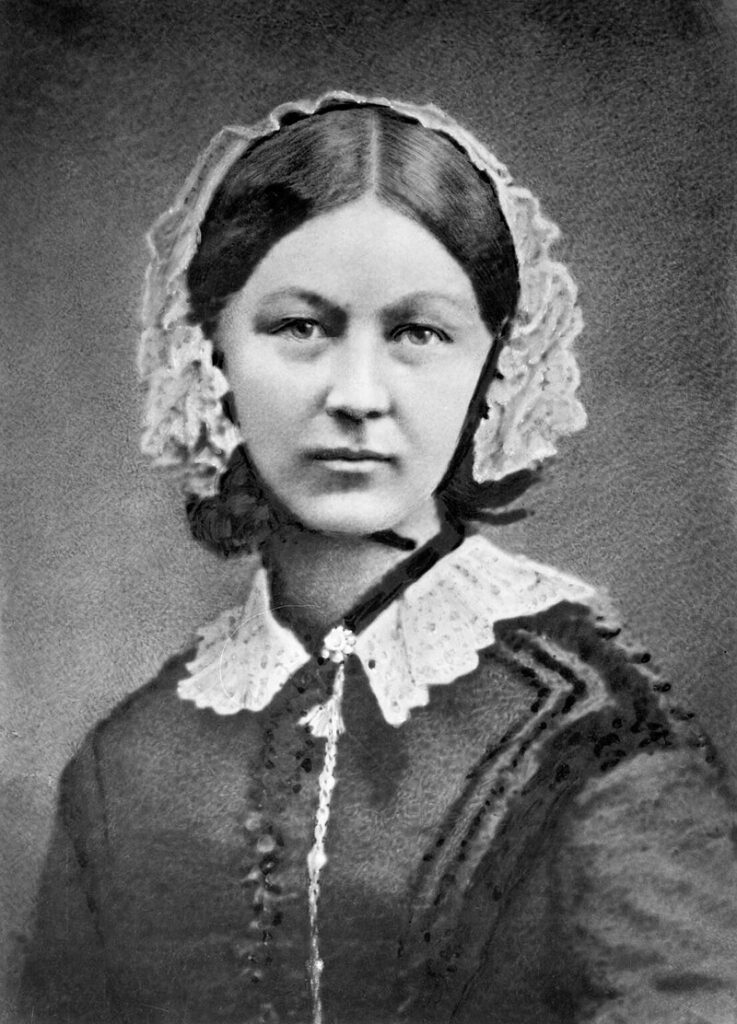
Her statistical analyses showcased the impact of hygiene and proper sanitation on reducing mortality rates, laying the foundation for the understanding of epidemiology. The Nightingale Pledge, a modified version of the Hippocratic Oath, reflects her enduring influence on nursing ethics.
Exploring the early days of nursing
In the early 19th century, nursing was predominantly an informal and unregulated practice carried out by women in their homes. The influential work of Linda Richards, recognized as America’s first trained nurse, marked a turning point.
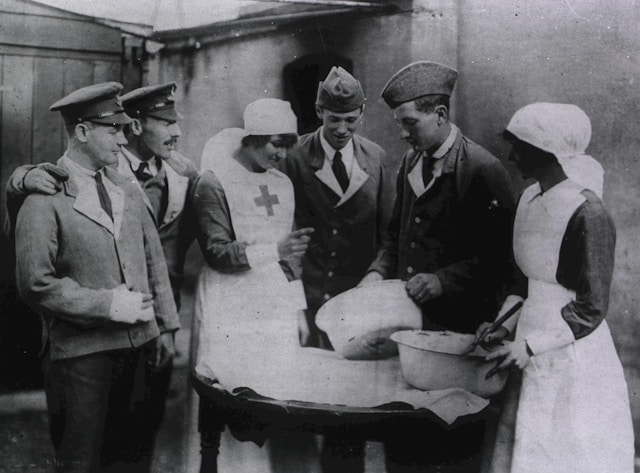
In 1873, she graduated from the New England Hospital for Women and Children Training School for Nurses, setting standards for nursing education in the United States. The subsequent decades saw the establishment of nursing organizations and the publication of nursing textbooks, providing a foundation for professionalization.
Florence Nightingale’s impact on nursing during the Crimean War
Florence Nightingale’s impact during the Crimean War cannot be overstated. Arriving at the military hospital in Scutari in 1854, she immediately implemented changes that drastically improved conditions. Her meticulous record-keeping and emphasis on sanitation reduced the mortality rate from 42% to 2%.

The Nightingale Fund, established in her honor, contributed to the founding of nursing schools, propelling her legacy into the future of nursing education.
The formation of nursing as a profession
The establishment of nursing as a profession gained momentum in the late 19th century. The International Council of Nurses (ICN) was founded in 1899, providing a platform for nurses worldwide to collaborate and advocate for professional standards.
The American Nurses Association (ANA) followed suit in 1896, solidifying the professional identity of nurses in the United States.
Nursing in the 20th Century
The 20th century brought unprecedented challenges and opportunities for nursing. The Spanish Flu pandemic of 1918 showcased nurses’ resilience as they faced overwhelming patient loads.
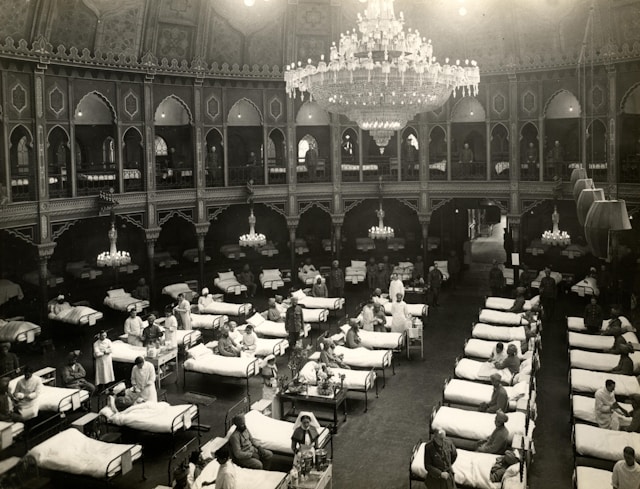
The establishment of the Frontier Nursing Service in 1925 by Mary Breckinridge in rural Kentucky demonstrated the adaptability of nursing to diverse healthcare settings.
The role of nurses during World War I and World War II
World War I and World War II elevated the role of nurses to new heights. In World War I, the U.S. Army Nurse Corps was established in 1901, and over 21,000 nurses served during the conflict.
World War II saw the heroic efforts of the “Angels of Bataan,” the nurses who endured the Bataan Death March and internment in prisoner of war camps, embodying the courage and dedication of wartime nursing.
Advancements in medical technology
The latter half of the 20th century witnessed a technological revolution in healthcare. The development of antibiotics, such as penicillin in the 1940s, revolutionized infection control. The 1950s brought forth the widespread use of vaccines, further preventing the spread of infectious diseases.
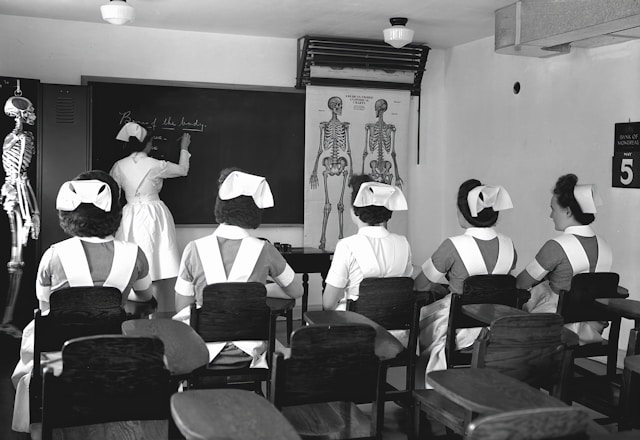
The advent of computed tomography (CT) scans and magnetic resonance imaging (MRI) in the 1970s enhanced diagnostic capabilities, reshaping the landscape of healthcare.
The Changing Role of Nurses
The evolving landscape of healthcare in the 21st century necessitates a multifaceted role for nurses. The Institute of Medicine’s report, “The Future of Nursing: Leading Change, Advancing Health” in 2010, emphasized the importance of nurses in achieving patient-centered, accessible, and high-quality care.
Nurses today are not only caregivers but also leaders, educators, and advocates, shaping healthcare policies and practices.
Challenges Faced by Modern Nurses
Modern nurses grapple with an array of challenges in today’s complex healthcare environment. The global nursing shortage, exacerbated by an aging population and increased healthcare demands, poses a significant obstacle.
Burnout, stemming from long hours and high-stress situations, has become a prevalent concern. Addressing these challenges requires innovative solutions, such as nurse-led initiatives, to ensure the sustainability and well-being of the nursing profession.
Innovations in Nursing Practice
Innovation has become synonymous with modern nursing practice. The integration of electronic health records (EHRs) in the early 21st century streamlined patient care documentation and communication.
Telehealth, which gained prominence during the COVID-19 pandemic, has revolutionized the delivery of healthcare services, providing remote access to patients and enhancing the reach of nursing care.
The Future of Nursing
Looking ahead, the future of nursing is intertwined with ongoing advancements in healthcare delivery. The World Health Organization’s Nursing Now campaign, launched in 2018, advocates for empowering nurses to take on leadership roles and contribute to shaping healthcare policies.

Continued education, mentorship programs, and a focus on diversity and inclusion are essential for preparing nurses for the challenges of tomorrow.
Nursing in a Global Context
Nursing’s global impact is evident in initiatives such as the World Health Organization’s State of the World’s Nursing report in 2020. This report highlighted the need for investment in nursing education, employment, and leadership to strengthen healthcare systems globally.
International collaborations and exchanges have become integral for sharing best practices and addressing global health disparities.
Cultural Competence in Nursing
Cultural competence is imperative for modern nurses working in diverse and multicultural societies. The Transcultural Nursing Society, founded by Madeleine Leininger in 1974, emphasizes the importance of cultural competence in nursing practice.
Understanding and respecting cultural differences enable nurses to provide patient-centered care, fostering trust and effective communication.
Ethical challenges nurses may encounter
Nurses regularly navigate ethical dilemmas, and awareness of ethical principles is fundamental to the profession. The American Nurses Association’s Code of Ethics, first published in 1950 and updated periodically, provides a framework for ethical nursing practice.
From end-of-life decisions to maintaining patient confidentiality, nurses uphold the highest standards of integrity and advocate for the well-being of their patients.
Nursing Research and Innovation
The integration of nursing research into practice has gained momentum over the years. The National Institute of Nursing Research (NINR), established in 1986, supports research initiatives that contribute to evidence-based nursing practice.

Nurses actively engage in research, exploring topics ranging from the effectiveness of nursing interventions to the impact of social determinants of health on patient outcomes.
Nursing and Public Health
The intersection of nursing and public health has become increasingly vital in addressing population health. Nurses are at the forefront of preventive care, health promotion, and community outreach.
Initiatives such as the Nurses on Boards Coalition, founded in 2014, advocate for nurses’ active participation in shaping public health policies, ensuring that nursing perspectives are integral to community well-being.
Final Thoughts
The evolution of nursing encapsulates centuries of progress, shaped by dedicated individuals, groundbreaking events, and continuous adaptation to the ever-changing landscape of healthcare. Florence Nightingale’s legacy resonates through time, guiding nurses towards a future where compassion, innovation, and a commitment to advancing health remain at the forefront.
As we reflect on this journey, it is evident that the essence of nursing lies in a rich tapestry of history, a commitment to excellence, and an unwavering dedication to improving the well-being of individuals and communities worldwide.
You may also like
Alegria Debra Women’s Slip-On Review
Alegria Debra women`s slip-on is an imported nursing shoe that is made of the following:…
Birkenstock Tokyo Super Grip Leather Slip Resistant Review
The highlights of the Birkenstock Tokyo Super Grip Leather shoes: • The Birkenstock Tokyo Super…
Dansko Women’s Professional Clog Review
Dansko update about the current situation: “Dansko has resumed distribution center operations under challenging circumstances…
Dansko Women’s Sonja Oiled Leather Clog Review
Dansko Professional clogs started the Comfort Revolution. In its iconic outline the shoes like the…
Which are the Best Shoes for Plantar Fasciitis to Wear as a Nurse or in General
Spoiler alert: We know that this guide is about the best shoes for Plantar Fasciitis…
How to Choose the Right Nursing Specialty for You
The nursing field is continuously changing and especially in the world today, there is more…
